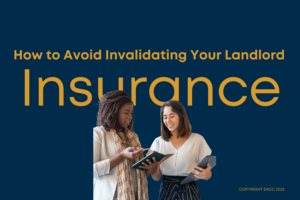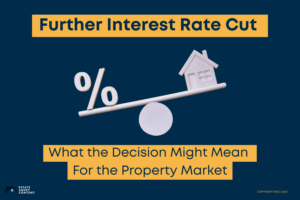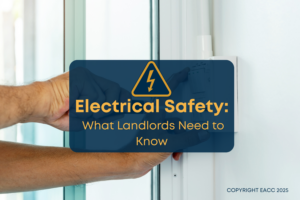Last week I provided the first in in a series of two, some tips for landlords as the number of those looking to rent continues to rise. Add in short-term measures brought in with Covid-19 and there are numerous – and changing – legal requirements to keep you the right side of legislation.
If you need advice on what and where to buy let me know, but for those who have a property here are some more tips to help.
Tenancy Deposit Protection: Any deposit must be protected in one of the Government-authorised schemes and you must do this within 30 days of receipt. In addition, you must provide your tenants with specific information to accompany this. If you don’t, you might be ordered to return the full deposit and be given a fine of up to three times the value of the deposit. Eviction rights are lost too. It is best practice that inventories are completed and agreed at the beginning and end of the tenancy for sorting out deposits. Taking photographs is a further safeguard.
The Minimum Energy Efficiency Standards (MEES): This now means that a landlord cannot grant a new tenancy with an Energy Performance Certificate (EPC) below an E rating.
Safety checks: Landlords are required to get all gas appliances checked annually by a registered engineer and then provide tenants with a Gas Safety Certificate within 28 days of the check taking place. There also must be working smoke alarms and carbon monoxide alarms, fitted, and tested in accordance with regulations.
Electrical Safety Standards: New regulations came into effect last July, which mean that private landlords must ensure that electrical safety standards are met when the property is occupied during a tenancy, so that every fixed electrical installation at the property is inspected and tested at least every five years by a qualified person.
Maintaining the property: Tenants need to know how to communicate any repairs that are required and also how long they can expect to wait for a response on both basic repairs and more urgent issues.
Inspections: It is classed as trespassing if anybody enters the property without the tenants’ permission. Best practice is to give 24-hours’ written notice, and this should be stipulated in the tenancy agreement. If you don’t receive a response, you shouldn’t enter the property. Further measures were also introduced in line with Covid-19 so it is important to keep abreast of these.
Landlord insurance: You must inform your insurer you are renting the property as your insurance may be invalid. Most standard policies don’t provide the protection you require as a landlord, so it’s worth taking out specialist landlord insurance. A good policy will cover loss of rent, damage, legal expenses and liabilities.
There are now about 150 pieces of legislation governing rental property, so I am always happy to help if you’d like any further information on this or anything else on the local property market.






